Innovative Comparison: Kalstein’s Automatic Tissue Processor YR429 vs. Sakura’s Tissue-Tek VIP 6 AI Vacuum Infiltration Processor
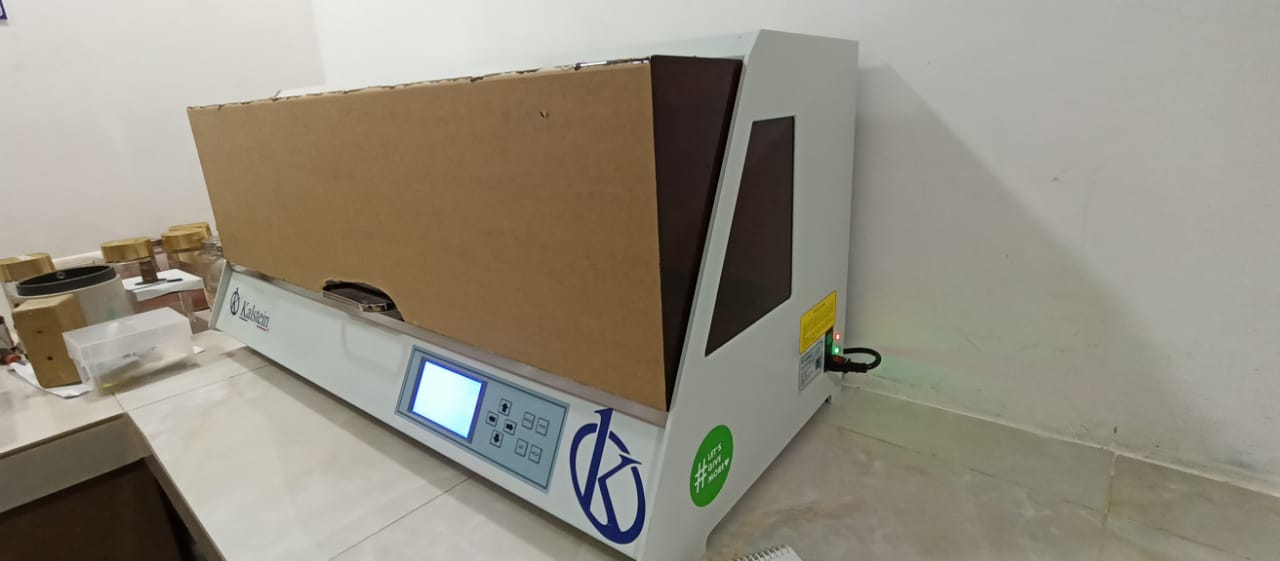
In the field of histopathology, automated tissue processors are indispensable tools. They ensure the efficient and effective preparation of tissue samples for microscopic examination. Two leading products in the market are the Automatic Tissue Processor YR429 by Kalstein and the Tissue-Tek VIP 6 AI Vacuum Infiltration Processor by Sakura. In this article, we will delve […]
Mastering Precision: The Art and Science of Tissue Flotation with Kalstein
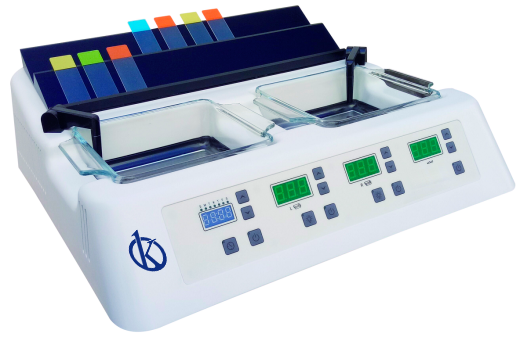
Tissue Flotation by Kalstein Having closely examined various models, it’s clear that Kalstein’s tissue flotation baths stand out. These devices, critical in pathological anatomy, offer the precision needed in the preparation of the finest tissue sections. They’re designed for exact temperature control, which is paramount in preserving the details of the tissue samples during the […]
Revolutionizing Veterinary Surgeries: Discover the Excellence of Veterinary Operating Tables
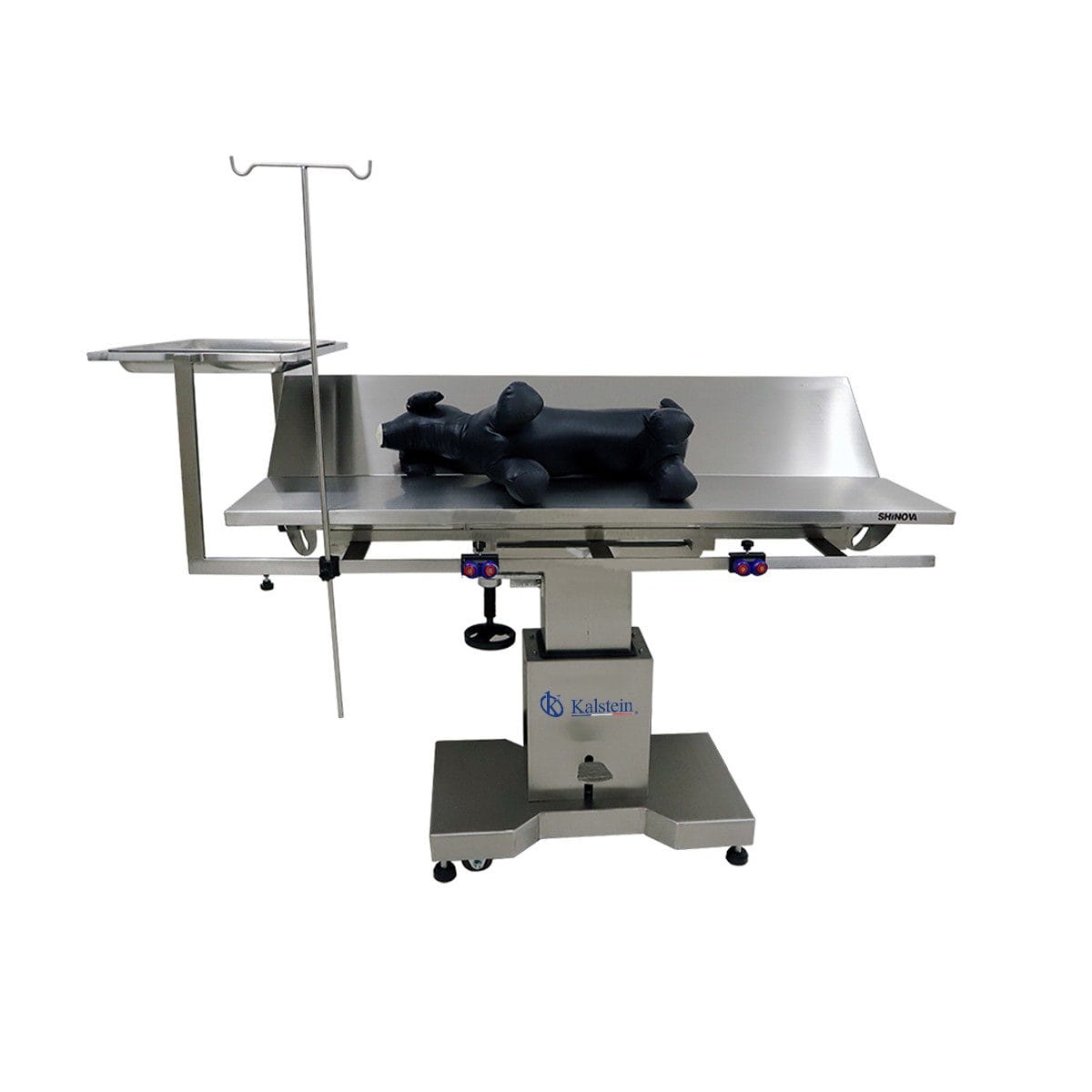
Veterinary Operating Tables: Brand Kalstein The world of veterinary surgery is evolving, and Kalstein stands at the forefront of innovation with its exceptional range of veterinary operating tables. Designed with precision and efficiency, these tables incorporate features that meet the highest standards in veterinary medicine. Veterinary specialists everywhere appreciate Kalstein’s commitment to quality. This commitment […]
Illuminating Choices: Why Kalstein’s Operation Lamps Lead the Market

Operation Lamp, Brand Kalstein As someone who has experienced firsthand the remarkable qualities of operation lamps by Kalstein, I can attest to their superior performance in surgical settings. These lights are designed to offer unparalleled illumination, ensuring that medical practitioners have the clarity needed for intricate procedures. The brand Kalstein has a longstanding reputation for […]
Discover the Perfect Ice Maker for Your Lab Needs: Kalstein Solutions

Kalstein Ice Maker: Quality and Innovation Combined As someone who has explored and utilized a variety of ice makers over the years, I can confidently say that Kalstein offers an unparalleled range of ice-producing solutions tailored for laboratory needs. Their ice makers are not just about freezing water but about providing consistent quality, reliability, and […]
Innovative Laundry Solutions: Kalstein vs. Continental Girbau Washer Systems
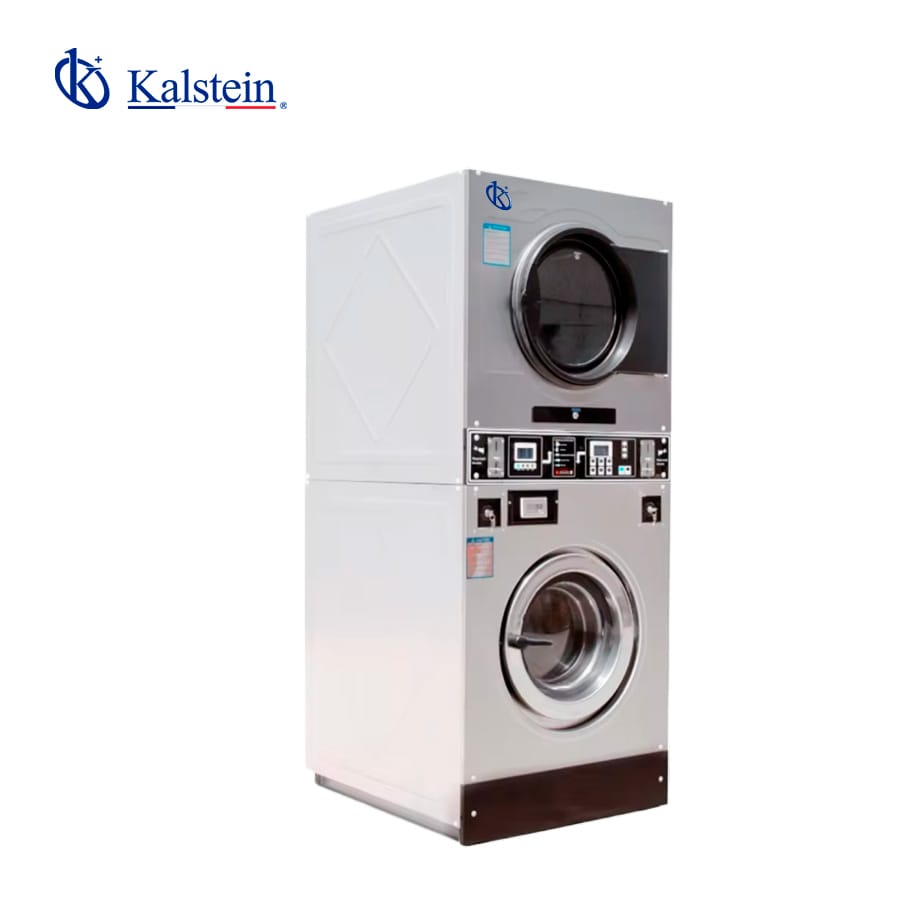
When it comes to laundry solutions designed for industrial use, selecting the right washer/dryer system is crucial. In this article, we will delve into a detailed comparison between two leading products on the market: the Washer/Dryer Gas Heating (Full Stainless Steel) YR06340 from Kalstein and the Tunnel Systems Washer/Extractor from Continental Girbau. Both products present […]
Innovative Veterinary Coagulometers: Kalstein YR06173 vs. Zoetis VetScan VSpro
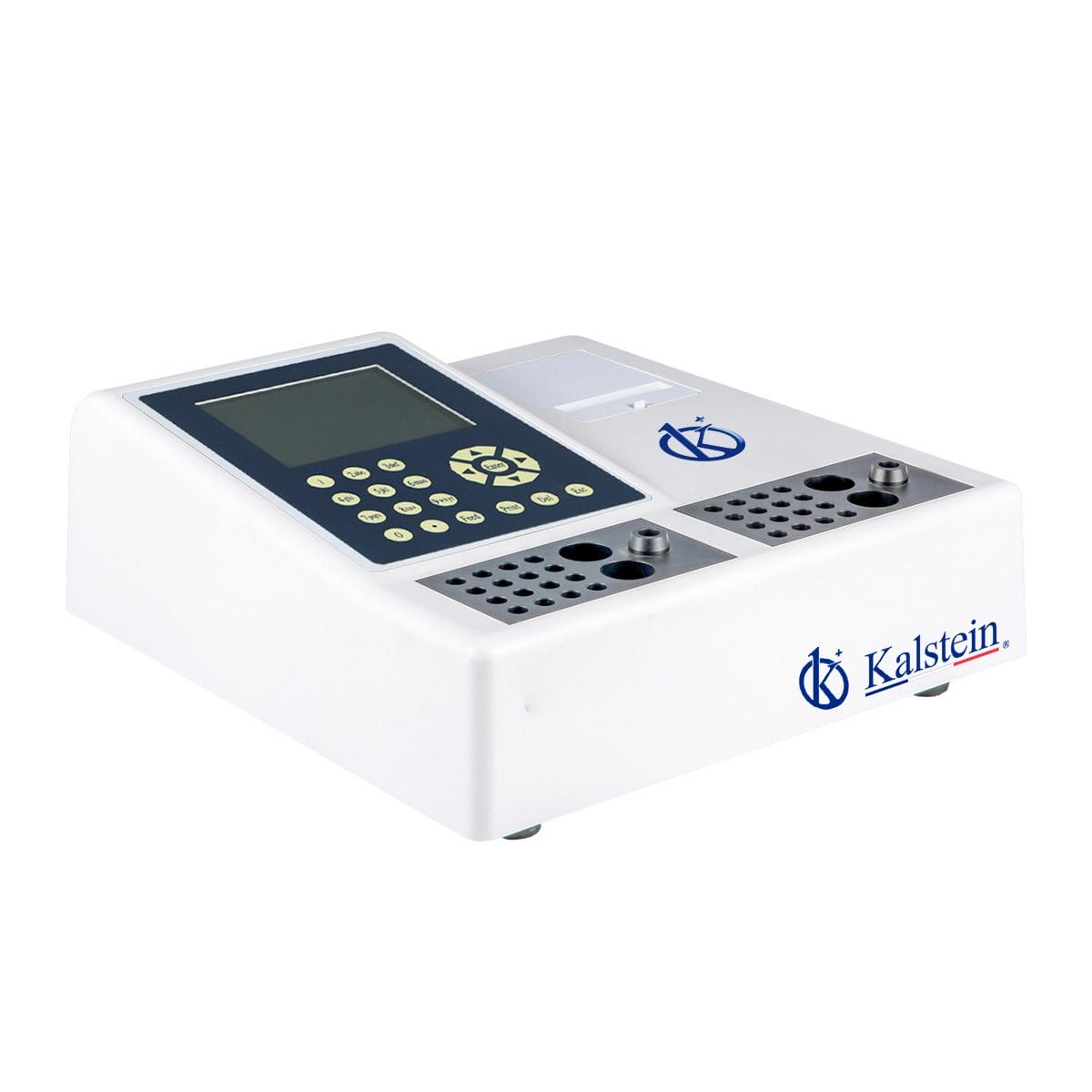
In the veterinary field, accurate diagnostics are crucial for providing optimal care. Two leaders in veterinary diagnostics, Kalstein’s Veterinary Coagulometer YR06173 and Zoetis’s VetScan VSpro Specialty Analyzer, have established themselves as trusted tools in this domain. Each of these products boasts a set of features designed to enhance the accuracy and efficiency of coagulation testing […]
Revolutionizing Animal Care: Unveiling the Veterinary ICU Incubator
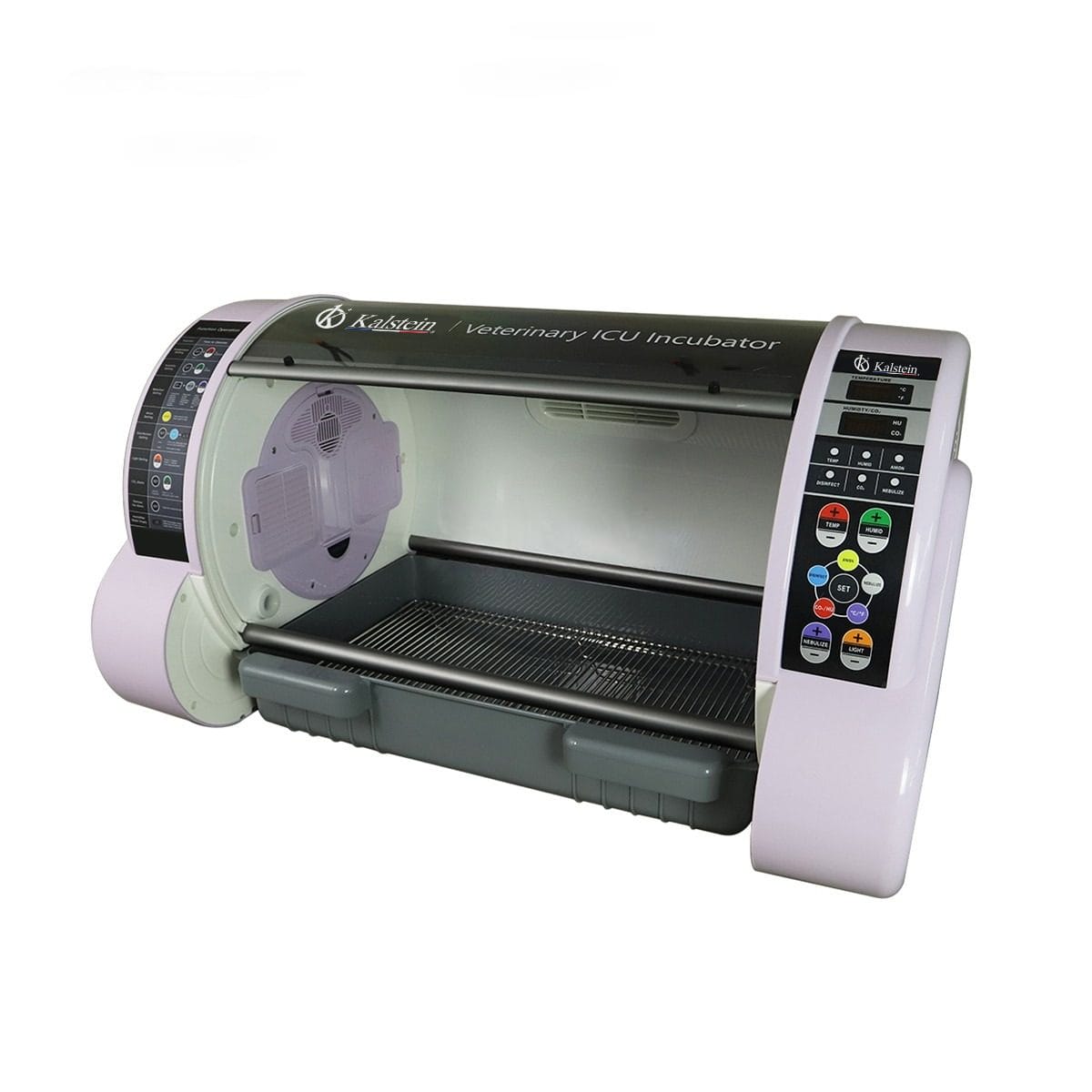
Veterinary ICU Incubator: A Trusted Name in Animal Care When it comes to intensive care for animals, the Veterinary ICU Incubator by Kalstein stands out by providing state-of-the-art technology and exceptional reliability. A reputation built on years of innovation and dedication to veterinary medicine makes Kalstein a trustworthy choice for veterinarians seeking advanced equipment. The […]
Discover the Advanced Operation Ceiling Pendant by Kalstein

Operation Ceiling Pendant, Brand Kalstein Kalstein has been at the forefront of medical equipment innovation, providing top-tier solutions that meet the exacting needs of modern healthcare facilities. The Operation Ceiling Pendant offered by Kalstein exemplifies the perfect blend of cutting-edge technology and design, delivering efficiency and safety in operating rooms globally. Notably, the Operation Ceiling […]
Revolutionizing Dental Care: An In-depth Look at the Dental Line by Kalstein
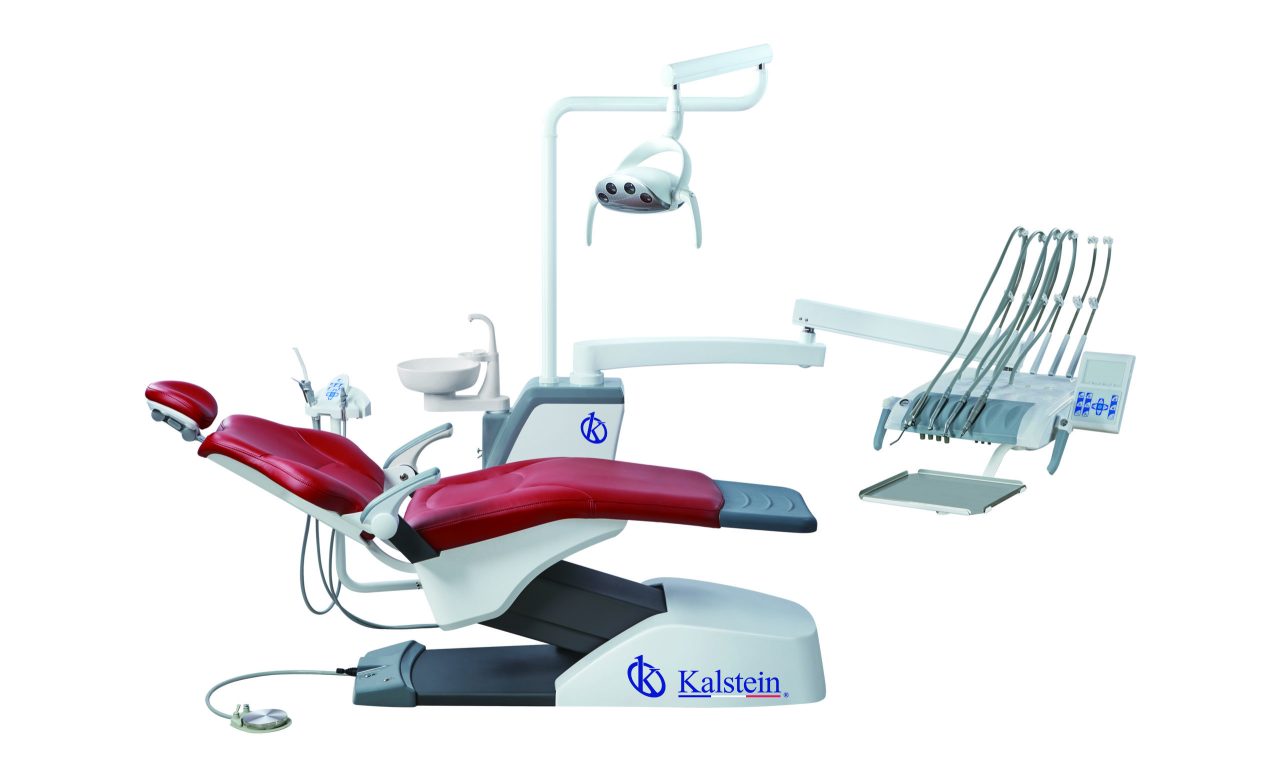
Dental Line, Brand Kalstein When it comes to innovation in dental care technology, the Dental Line by Kalstein stands out as a remarkable example. Known for its high-quality medical equipment, Kalstein has carved a niche in the dental industry with this product line. Designed to cater to a wide array of dental procedures, the Dental […]
